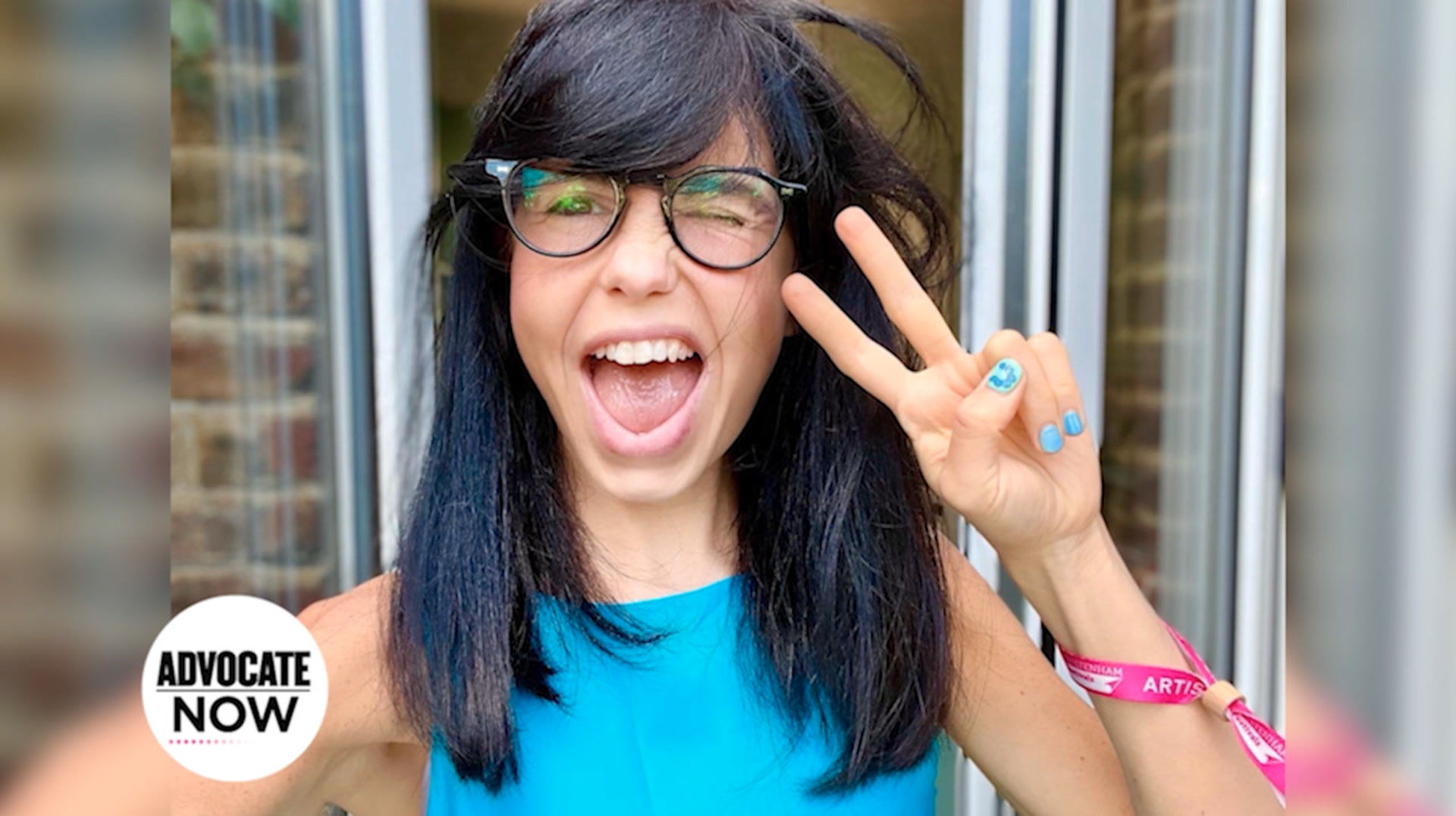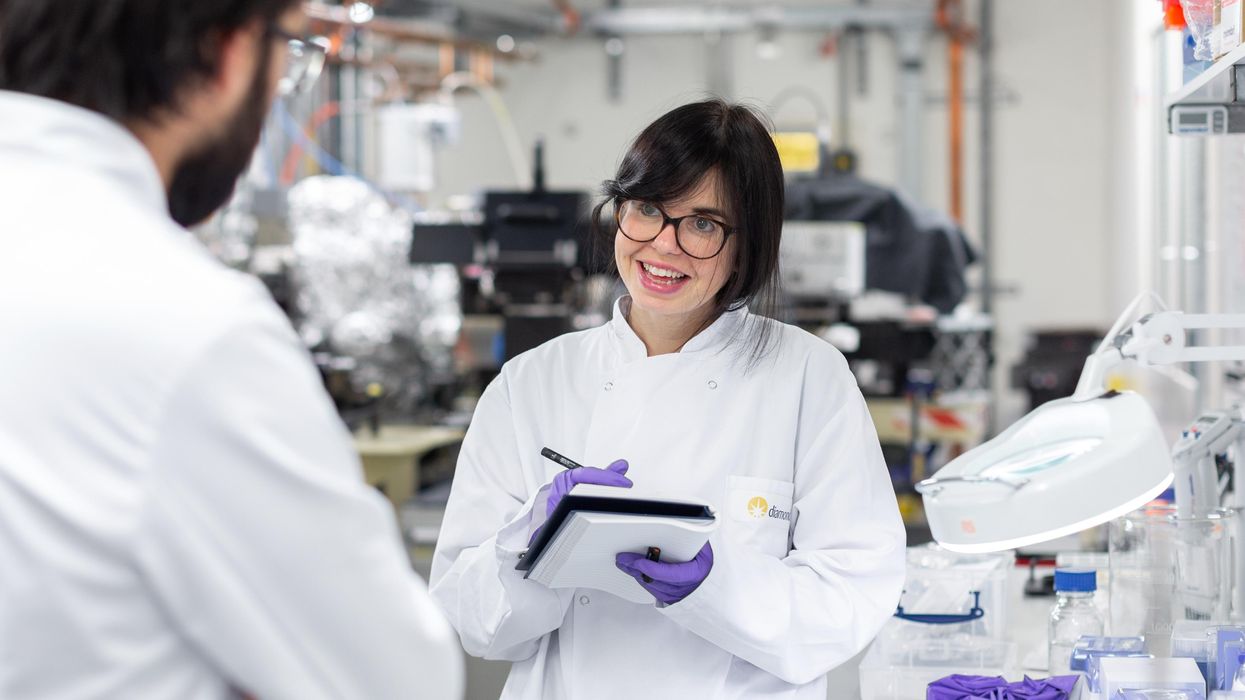Dr. Jess Wade has been on a years-long mission to ensure women and minorities are represented on Wikipedia.
In the scientific community, women's contributions are often overlooked, Wade tells Sonia Baghdady of Advocate Now. To rectify the lack of available information surrounding minority scientists, Wade took it upon herself to write 1,780 Wikipedia biographies of underrepresented researchers.
"I've created about 1,800," she says. "Everyday, I'm so inspired and excited to discover and write about all of these incredible women, and people of color, and people from historically excluded groups."
Wade adds: "It's really hard, when you're writing about such incredible and impressive people, to remain impartial all the time... That means I have to dial my enthusiasm back a little bit."
In 2019, Wade released a report that found only 17 percent of English-language biographies on Wikipedia were of women. While it was a particularly jarring problem for the website, Wade says it was emblematic of a larger problem in society.
"Society has been biased in favor of white men versus those from underrepresented communities," she explains. "If we look at society, we don't do enough to honor — whether that's in newspapers, or awards, or fellowships, or even in our textbooks — we don't tell the stories of women or people from other historically excluded groups. We don't document their contributions."
Advocate Now | Jess Wade

Wade shares that many institutions have trouble recruiting women and minorities for the STEM field, as they are often discouraged from getting involved. Stereotypes about who's good at math and science drive people away from the professions, Wade says, as even teachers and parents can be guilty of disenfranchising prospective students.
"You walk into your physics class day one and you look around you, and you see a room full of white men — probably from white privilege backgrounds — and you just think: 'I don't belong here,'" she says.
Wade believes the key to increasing interest in STEM among minorities is supporting the teachers who guide them, and providing them with adequate pay and resources to shape minds.
She says: "That mentoring, that guidance, that cheerleading throughout your early career can really turn the page on who studies these subjects or not."
For more interviews like these, watch Advocate Now onThe Advocate Channel.
- Issa Rae: Representing Women of Color ›
- Tatyana Ali Uses Her Voice For Important Causes In Hollywood ›
- Men Are Leaving the Workforce, But Women Are Stepping In ›


















































